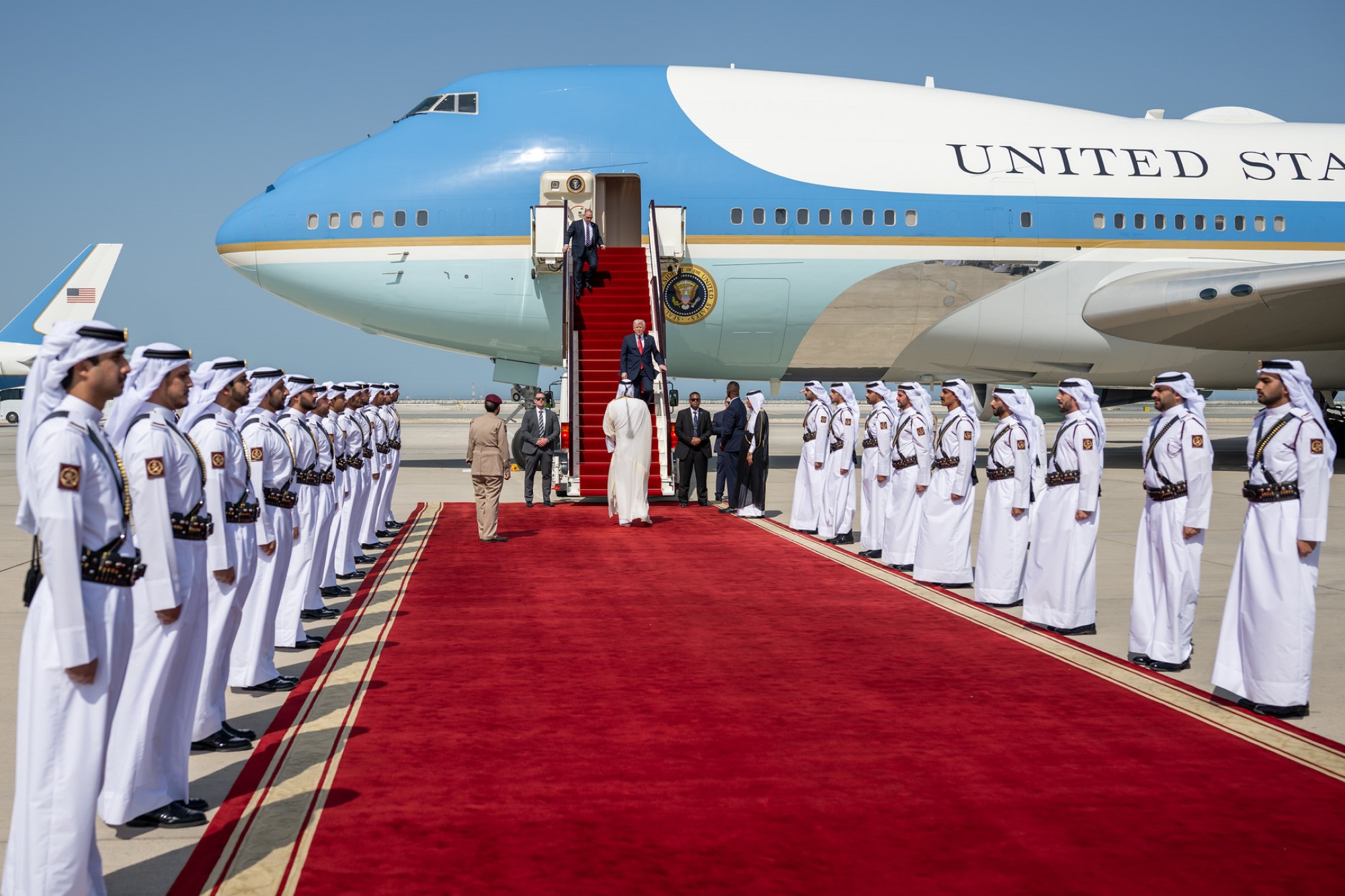Ethics of the Iranian Nuclear Deal
Recently, the P5+1 powers (China, France, Russia, United Kingdom, United States, plus Germany) have taken interest in reducing the amount of nuclear weaponry in Iran. In light of historically strained relations with post-revoluntionary Iran, the major world powers have reason to be feel threatened by the prospect of a nuclear program in the country. Suspicions were confirmed as a presence of a nuclear plan in Iran became public in 2002. As a result, the United Nations, the United States and the European Union imposed heavy economic sanctions on Iran in hopes of retarding their nuclear progress.
After 12 years of imposing economic sanctions on the Iran and making little progress, the P5+1 powers have decided to initiate a deal. The preliminary Iran Nuclear Deal seeks to reduce the production of nuclear weaponry in Iran by mandating regular inspections, and limiting the amount of installed centrifuges and the stockpile of uranium, among other things. Although initially skeptical of the plan, Iranians found reason to celebrate as it became increasingly likely that their economic sanctions would be reduced in the event of their cooperation.
The proposed Iran Nuclear Deal has hit a road block this past week as President Hassan Rouhani of Iran has refused to sign the latest draft of the agreement. Rouhani states that he will only sign the agreement if all for the sanctions are lifted on the day of the signing. Meanwhile, the supreme leader of Iran, Ayatollah Ali Khamenei has stayed relatively quiet on the issue but is doubtful that the negotiations will be finalized anytime soon. Unfortunately, the P5+1 powers have a June 30 deadline to finalize the deal so decisions need to be made quickly. President Barack Obama is determined to solidify the deal and will threaten to instead increase the sanctions on Iran if the country does not cooperate with the proceedings.
Although the ideal plan to reduce nuclear weaponry in Iran in exchange for loosening economic sanctions on the country may sound like a fair trade off, some outside of the negations do not agree. Some Iranians have been pointing out that plenty of other countries have nuclear programs as well and have not faced the same repercussions. However, Iran had tried for many years to hide their program which may be why they are now facing such strict consequences. Is Iran a special case or should all countries with nuclear weapons programs be treated equally?
Israeli Prime Minister Benjamin Netanyahu has been one of the most vocal opposers of the Iran Nuclear Deal, as he does not believe the plan is restrictive enough. Netanyahu thinks that the Iranian nuclear program is potentially threatening to the greater world community and has states that “Israel will not accept an agreement which allows a country that vows to annihilate us to develop nuclear weapons.” Should the United States place more value on the fears of one of our strongest allies? Is it ethical to restrict nuclear programs to only allies?




